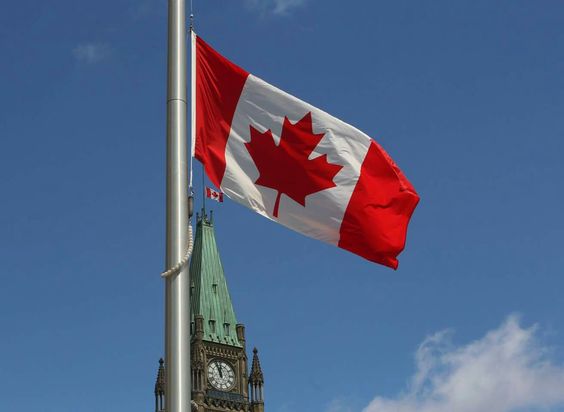Understanding the Legal Landscape of Online Card Gaming
Online card gaming has gained immense popularity, providing players with entertainment, social interaction, and even financial opportunities tải game bài đổi thưởng tặng vốn. However, the legal framework governing online card games varies across jurisdictions, making it crucial for players and operators to understand the legal landscape.
1. The Classification of Online Card Games
One of the primary legal distinctions in online card gaming is whether a game is classified as a game of skill or a game of chance bắn cá online đổi thưởng. Many jurisdictions differentiate between these categories:
- Game of Skill: Games where the outcome is predominantly determined by a player’s knowledge, experience, and decision-making abilities. Poker is often argued to be a game of skill.
- Game of Chance: Games where the outcome is largely influenced by luck, such as online slot machines or certain casino-style card games.
Understanding how a particular game is classified can significantly impact its legality in a specific jurisdiction.
2. Regional Regulations and Compliance
The legality of online card gaming varies significantly across different regions:
- United States: Online gambling laws are state-dependent. Some states, like Nevada and New Jersey, have regulated online poker, while others prohibit real-money online gaming.
- Europe: The European Union allows individual member states to regulate online gambling, resulting in diverse laws across countries like the UK, Germany, and France.
- Asia: Many countries have stringent gambling restrictions, though some, like the Philippines, allow regulated online gaming.
Operators must comply with licensing requirements, taxation laws, and anti-money laundering regulations within their target markets.
3. Licensing and Regulatory Bodies
To legally offer online card gaming services, operators must acquire licenses from recognized regulatory bodies game no hu. Some well-known licensing authorities include:
- Malta Gaming Authority (MGA)
- UK Gambling Commission (UKGC)
- Curacao eGaming
- Gibraltar Regulatory Authority
These bodies ensure fair play, protect players, and enforce responsible gaming policies.
4. Consumer Protection and Responsible Gaming
Regulations often include provisions for consumer protection and responsible gaming. This includes:
- Ensuring fair algorithms and game integrity
- Implementing age verification and anti-fraud measures
- Providing tools for self-exclusion and setting betting limits
- Offering support for problem gambling through helplines and counseling services
5. The Future of Online Card Gaming Laws
As online gaming technology advances and new payment methods like cryptocurrency emerge, legal frameworks continue to evolve. Players and operators should stay informed about regulatory changes, ensuring compliance and ethical gaming practices.
Conclusion
Navigating the legal landscape of online card gaming requires a thorough understanding of local and international laws. Whether you’re a player or an operator, staying informed about legal classifications, licensing requirements, and consumer protections will help ensure a safe and legal gaming experience.
Are you interested in online card gaming? Always check the legal status in your region and play responsibly!































































































